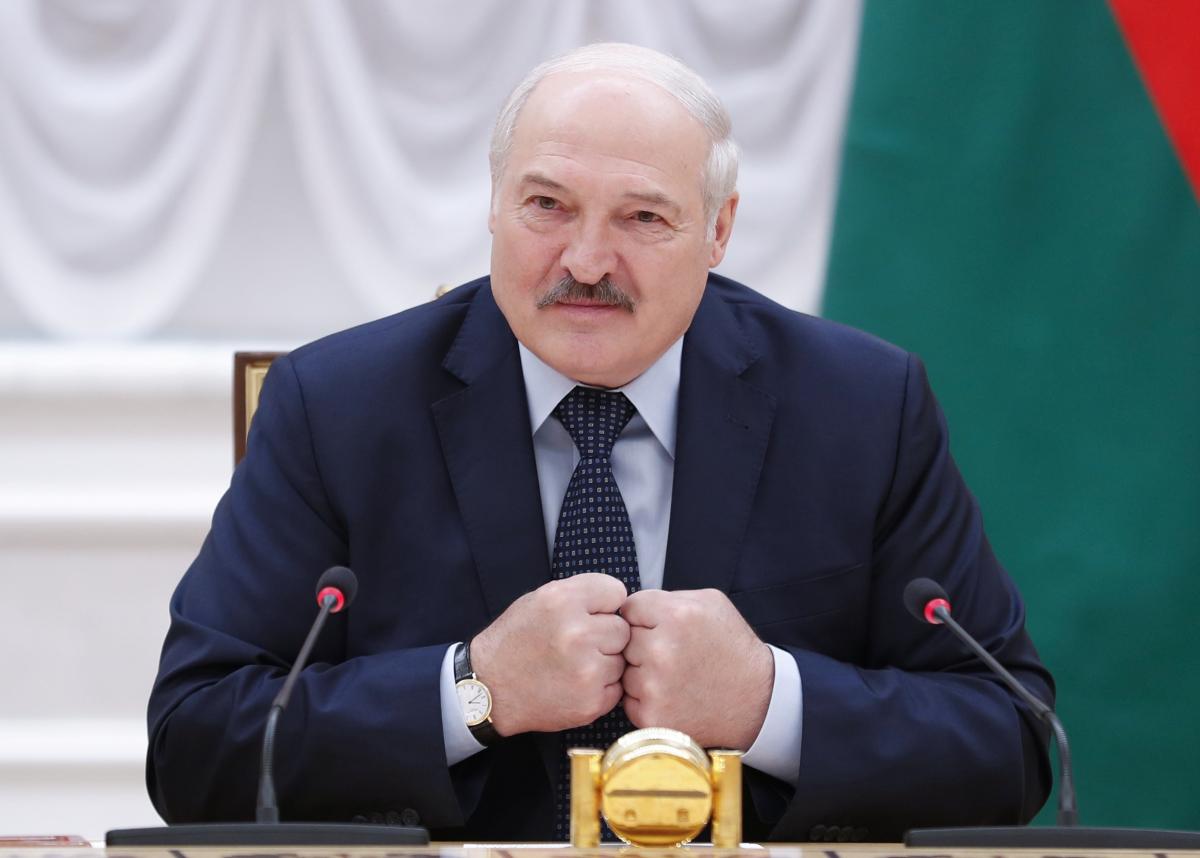
Alexander Lukashenko has designated September 17, the day of the invasion of Soviet troops of Poland and the western regions of Ukraine in 1939, as National Unity Day in Belarus.
This is stipulated in a statement.
Read alsoLukashenko: Belarus could launch flights to occupied Crimea
Lukashenko's office notes that September 17 "became an act of historical justice for the Belarusian people, divided against their will in 1921 under the terms of the Treaty of Riga, and will become a national historical tradition for good."
"Today the Belarusian people are united in choosing a strategic course for the development of a strong, sovereign and prosperous country," Lukashenko said.
Official Minsk is convinced that September 17 "underlines the continuity of generations, the inviolability and self-sufficiency of the Belarusian nation and statehood."
Reference
- On September 17, 1939, the occupation troops of the USSR, violating a number of international agreements, invaded the territory of Poland, annexing Eastern Galicia, Volyn, Western Podillia and Western Belarus. The final occupation of the territories, carried out jointly with the German Nazis troops, lasted only 20 days.
- The operation was initiated by the secret Ribbentrop-Molotov Pact in Moscow.
- The attack and subsequent annexation caused mass arrests, the Katyn massacre (a series of mass executions of nearly 22,000 Polish military officers and intelligentsia carried out by the Soviet Union in April-May 1940), deportation of peoples, and an increase in the number of victims of Stalin's terror among ordinary citizens.
- Poland condemns Russia for its non-recognition of the crimes of the USSR and a free interpretation of the historical events of the beginning of World War II, in particular regarding the pact signed between the Soviet Union and Nazi Germany in 1939.
- Moscow says the occupation of the Polish and Ukrainian territories was the introduction of Soviet troops," which Soviet historiography considers to be a "liberation campaign."
- Now a number of countries around the world do not recognize Lukashenko's presidential status because of the confirmed facts of rigged presidential elections in Belarus in August 2020 and the brutal suppression of freedom of speech in that country, which continues to this day.
- Over the deterioration of relations with the West, Lukashenko has noticeably improved relations with Moscow, which, despite the calls of the Belarusian opposition to condemn the actions of the regime, has avoided confrontation with its longtime ally.

